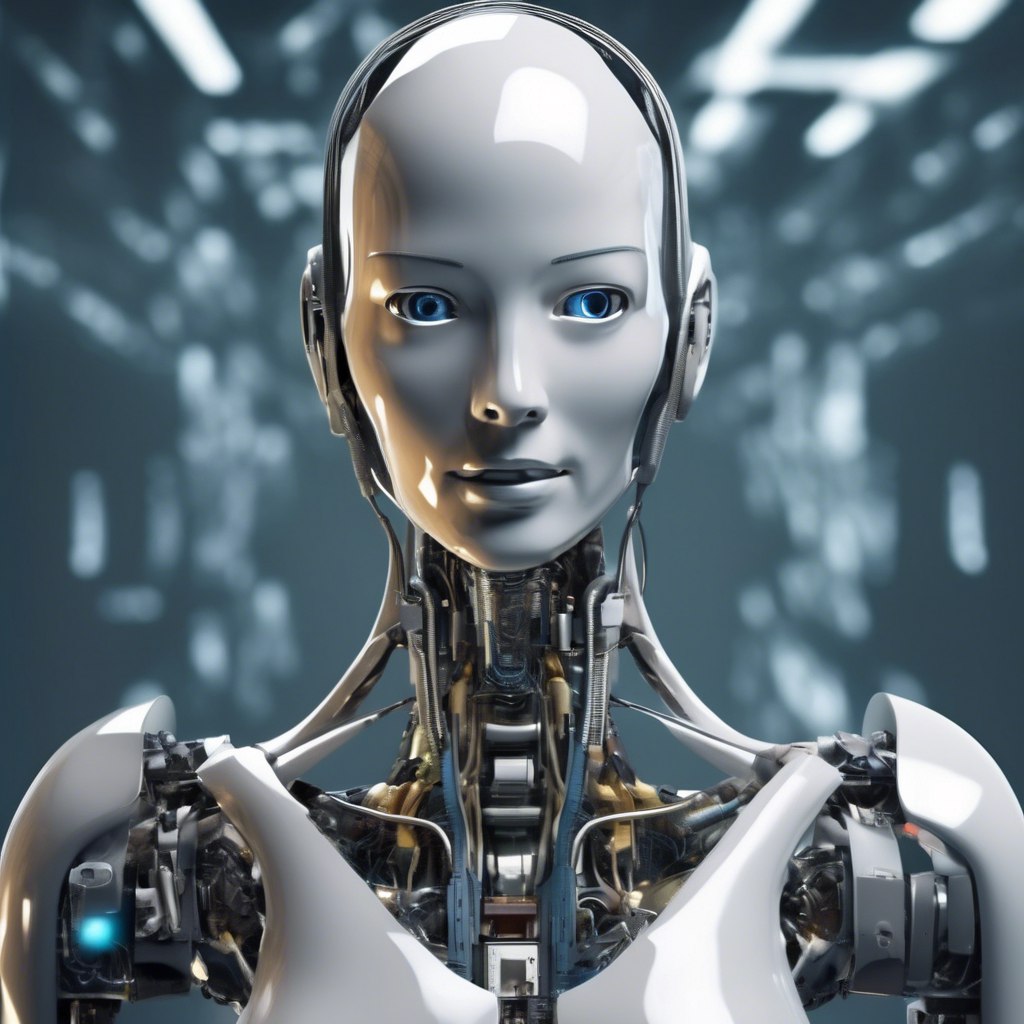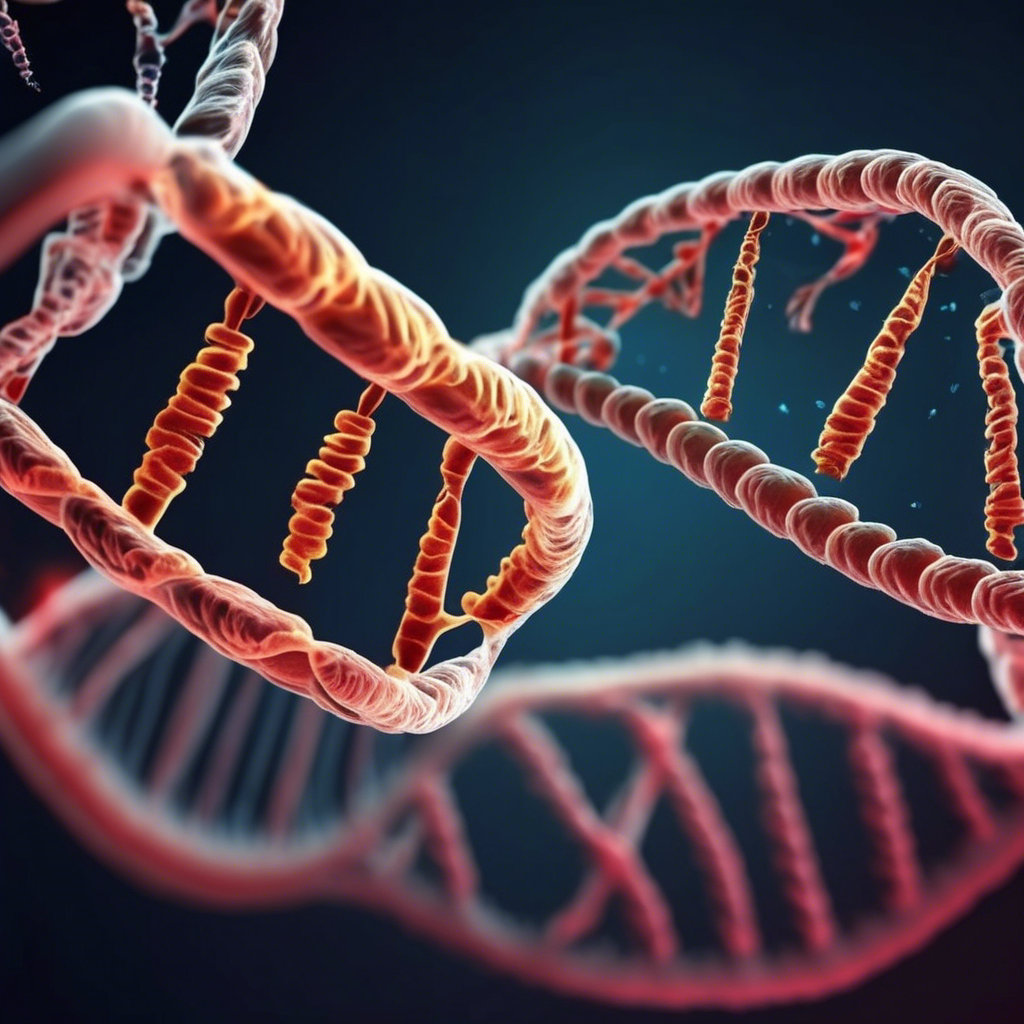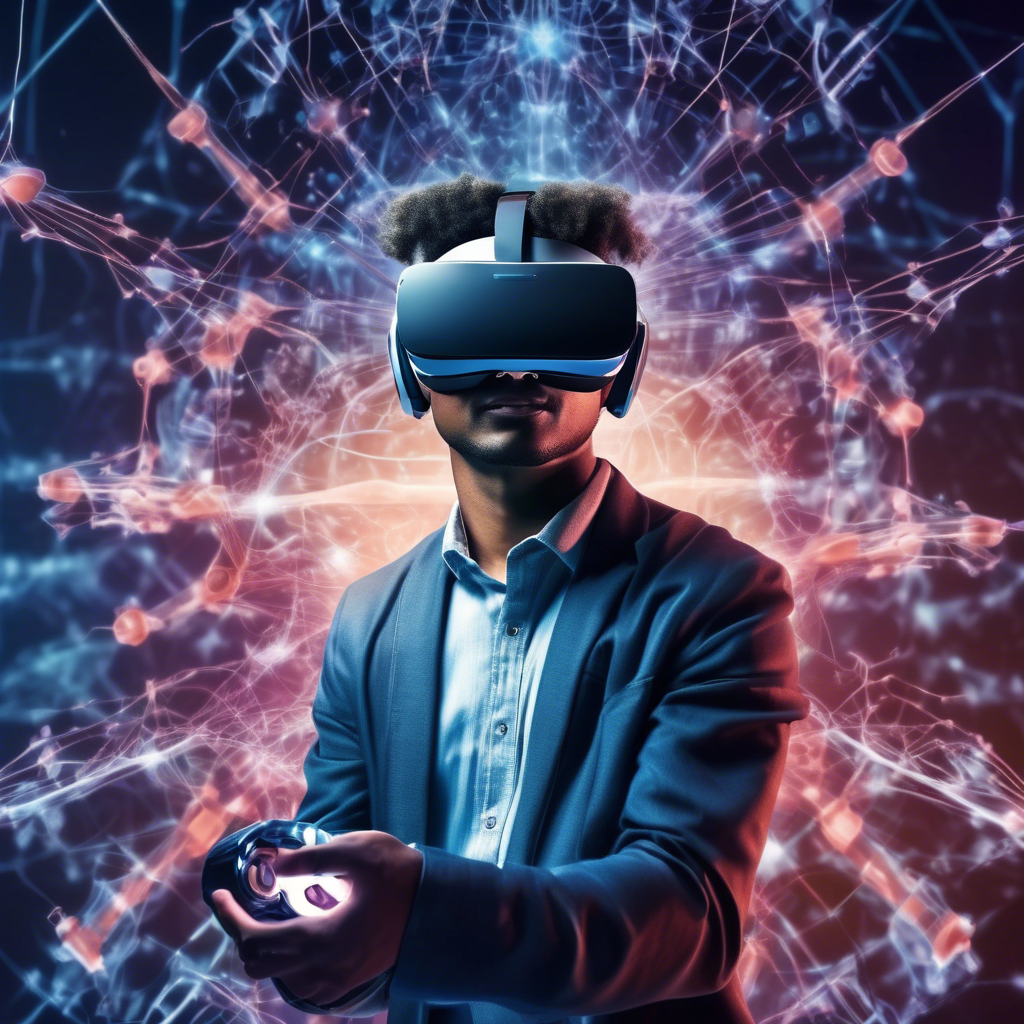Intelligence of Androids”
Androids, or humanoid robots with the ability to think and learn like humans, have been a fascinating subject for science fiction enthusiasts for decades. However, recent advancements in technology have brought us closer to turning this fiction into reality. With the rapid growth of artificial intelligence (AI) and machine learning, the power of androids is being unveiled like never before.
One of the most remarkable aspects of android technology is its potential to revolutionize various industries. From healthcare to customer service, androids can be employed to assist humans in performing tasks efficiently and with precision. These humanoid robots have the ability to analyze data, make decisions, and even interact with humans in a natural manner. With their advanced AI algorithms, they can continuously learn and improve their skills, making them adaptable to various situations.
Furthermore, the power of androids goes beyond their ability to perform tasks. They have the potential to revolutionize human-machine interaction by providing companionship and emotional support. With their advanced facial recognition and natural language processing capabilities, androids can understand and respond to human emotions, making them suitable companions for individuals who may require extra care or support.
However, amidst the excitement about the power of androids, ethical considerations must be addressed. Questions about their impact on human employment, privacy, and the potential for misuse of this technology arise. Striking a balance between advancing this technology while ensuring responsible and ethical use is vital.
As we dive deeper into exploring the power of androids, it becomes evident that these humanoid robots have the potential to transform industries and improve the quality of human life. The integration of artificial intelligence and machine learning into android technology is pushing the boundaries of what was once considered science fiction, making remarkable advances that have the potential to revolutionize the way we live and interact with machines.

 CRISPR-Cas9 The DNA-Editing Revolution
CRISPR-Cas9 The DNA-Editing Revolution